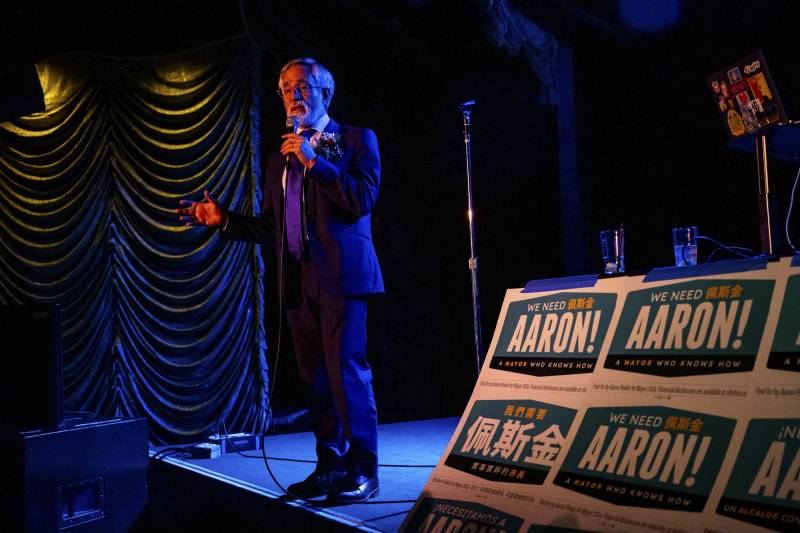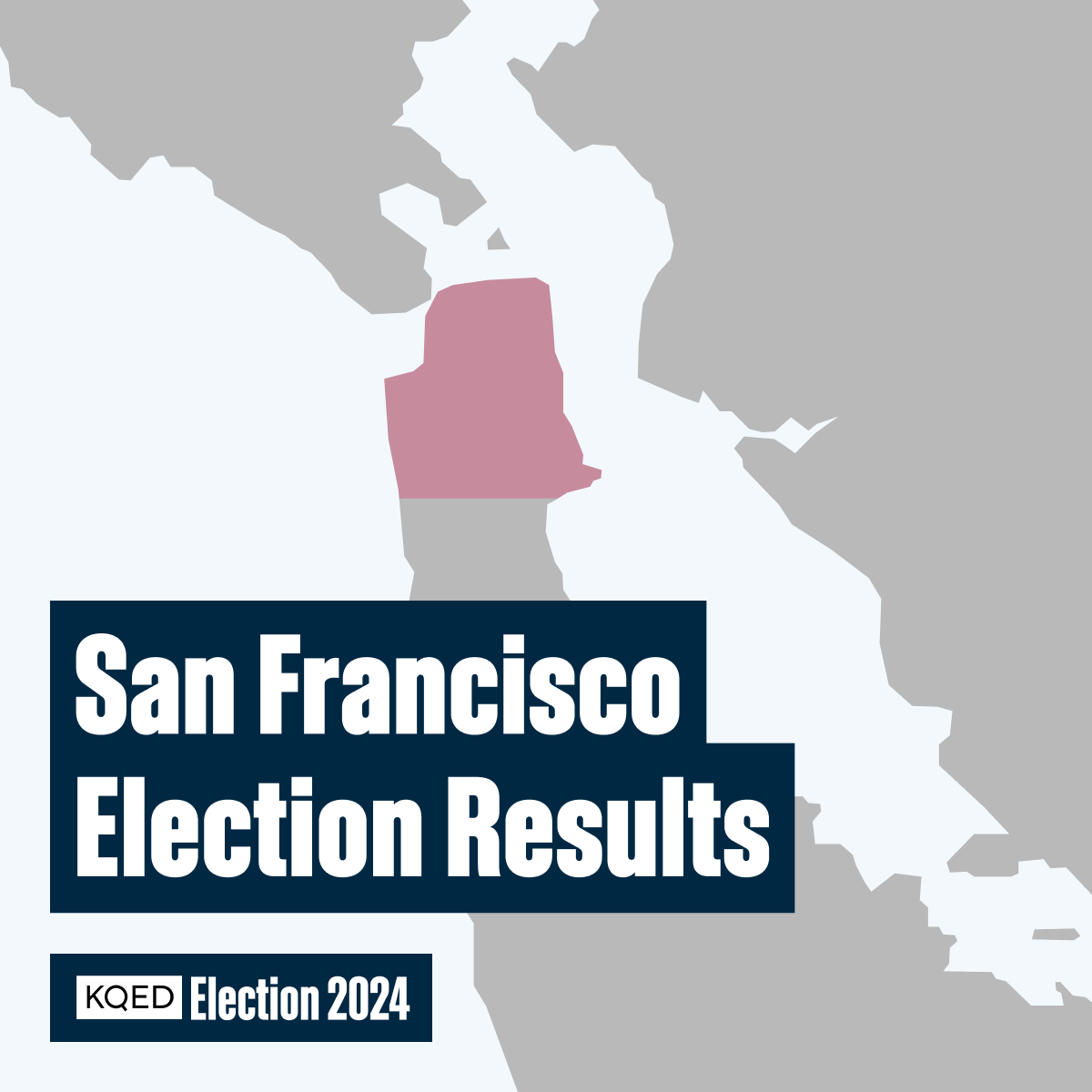“This really was not about Mark Farrell. This was really about some very, very powerful forces who invested more money in a mayor’s race than has ever happened in the history of San Francisco by a huge amount,” Peskin told KQED on Tuesday night. “What his concession shows is that billionaires like Michael Moritz and Bill Obendorf and their agenda have been completely rejected by the people of San Francisco.”
Individual campaign contributions to candidates are capped at $500. However, the same limits don’t apply to ballot measures. While other candidates, including Peskin and Breed, also backed certain ballot measures, members of the ethics commission said that Farrell’s strategies blatantly flaunted campaign finance rules by using funds for Proposition D to cover things like staffing costs for his mayoral campaign.
Meanwhile, a directly competing measure from Peskin, Proposition E, was similarly aimed to reform the city’s commission system. That measure, however, did not create an arbitrary cap on the number of commissions. Instead, it would create a task force to set recommendations for any changes or cutting commissions.
Early results suggest voters will pass Peskin’s version of the charter and commission reform proposal, overriding Proposition D.
Commissions are government bodies made up of community members and are designed to provide public input and oversight on a variety of city departments and programs, including the library, police, arts and entertainment and public health.
Supporters of Proposition D said that commissions have made it harder for elected officials to make direct decisions and have hampered government efficiency. However, critics of the measure and supporters of Proposition E said that the commissions provide important checks and balances, arguing that there should be a more thorough review process before stripping away any commissions.
“This is a city that still loves. This is a city that still takes care of one another,” Peskin told a room full of supporters on Tuesday night at an election party at Bimbo’s 365 Club, a music venue in North Beach. “This is a city that refuses to be pushed in the wrong direction by a handful of wealthy billionaires.”



